Dimon Warns of Treasury Market ‘Kerfuffle’ That Could Force Fed to Intervene
The JPMorgan CEO says rigid banking rules may trigger a Treasury market freeze, echoing 2020’s turmoil that was followed by BTC's price rise.
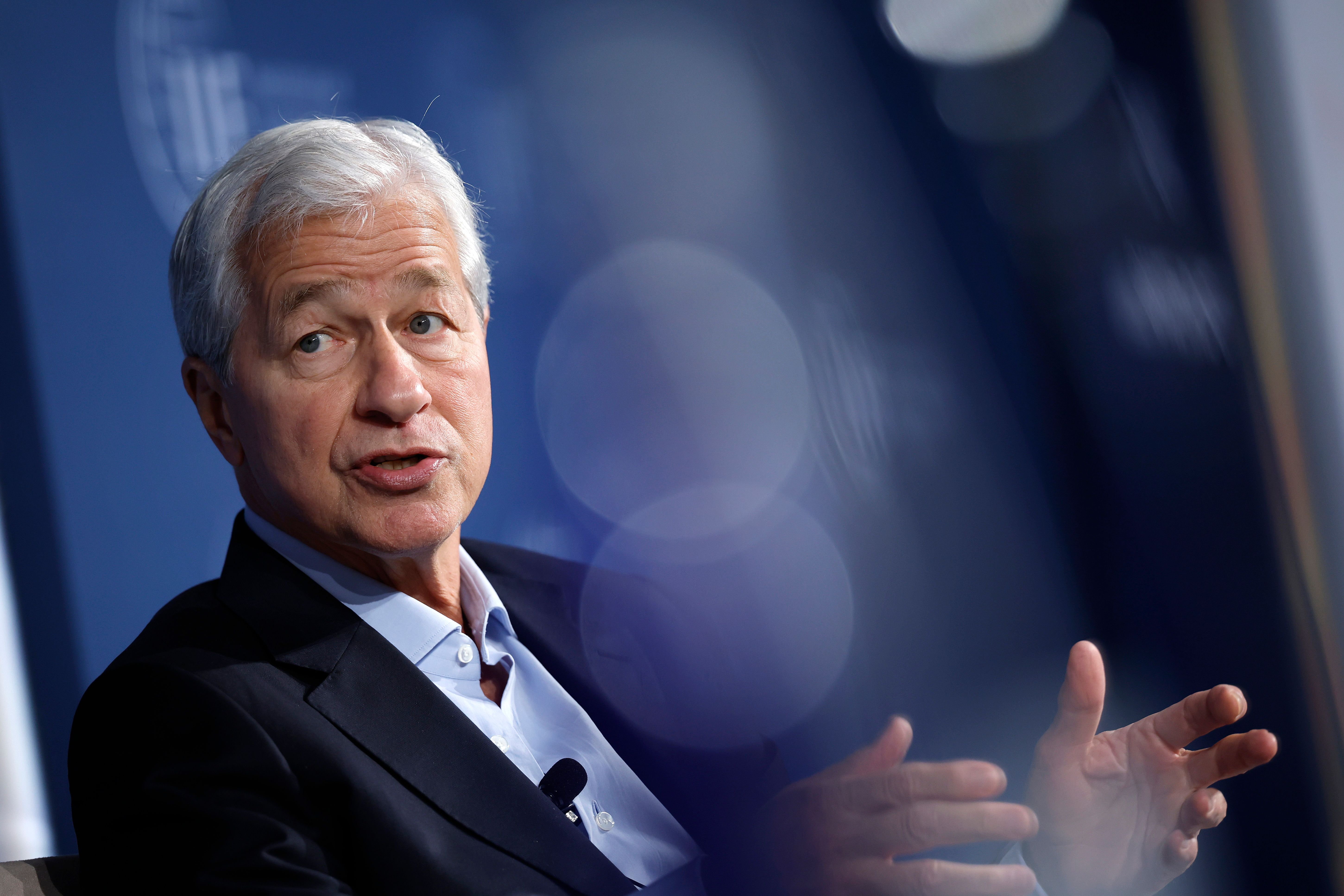
JPMorgan Chase CEO Jamie Dimon is bracing for a disruption in the near $30 trillion U.S. Treasury market — one he says could force the Federal Reserve to step in, just as it did during the early days of the COVID-19 pandemic.
“There will be a kerfuffle in the Treasury markets because of all the rules and regulations,” Dimon said in a Friday earnings call, warning that the Fed won’t act until “they start to panic a little bit."
Dimon's comments come as bond yields spike and market volatility rises. The rising yields have suggested investors are pulling back from popular trades that exploit gaps between Treasury prices and futures, adding stress to a market already rattled by trade tensions under the escalating U.S.-China trade war.
Dimon said current regulations are keeping banks from stepping in as buyers when liquidity dries up. In 2020, a similar situation forced the Fed to launch a multi-trillion-dollar bond-buying program to keep the market functioning.
He’s pushing for reforms that would let banks act more freely as intermediaries. One idea under discussion is exempting Treasuries from leverage ratio calculations, which could allow institutions to buy more government debt without hitting capital buffers.
“If they don’t [change the rules], the Fed will have to intermediate, which I think is just a bad policy idea,” Dimon said.
The Treasury market plays a central role in global finance, setting the tone for everything from mortgage rates to corporate bond yields. Dimon warned that if the system locks up again, the consequences could ripple across the economy.
A Treasury market disruption that leads to Fed intervention could drive some investors toward bitcoin (BTC), which is often seen as a hedge against monetary instability. That appears to have been the case in 2020, when bitcoin's price surged following the Fed’s aggressive stimulus response. Others factors, including the cryptocurrency’s 2020 halving impact, could have also factored into bitcoin's price jump.



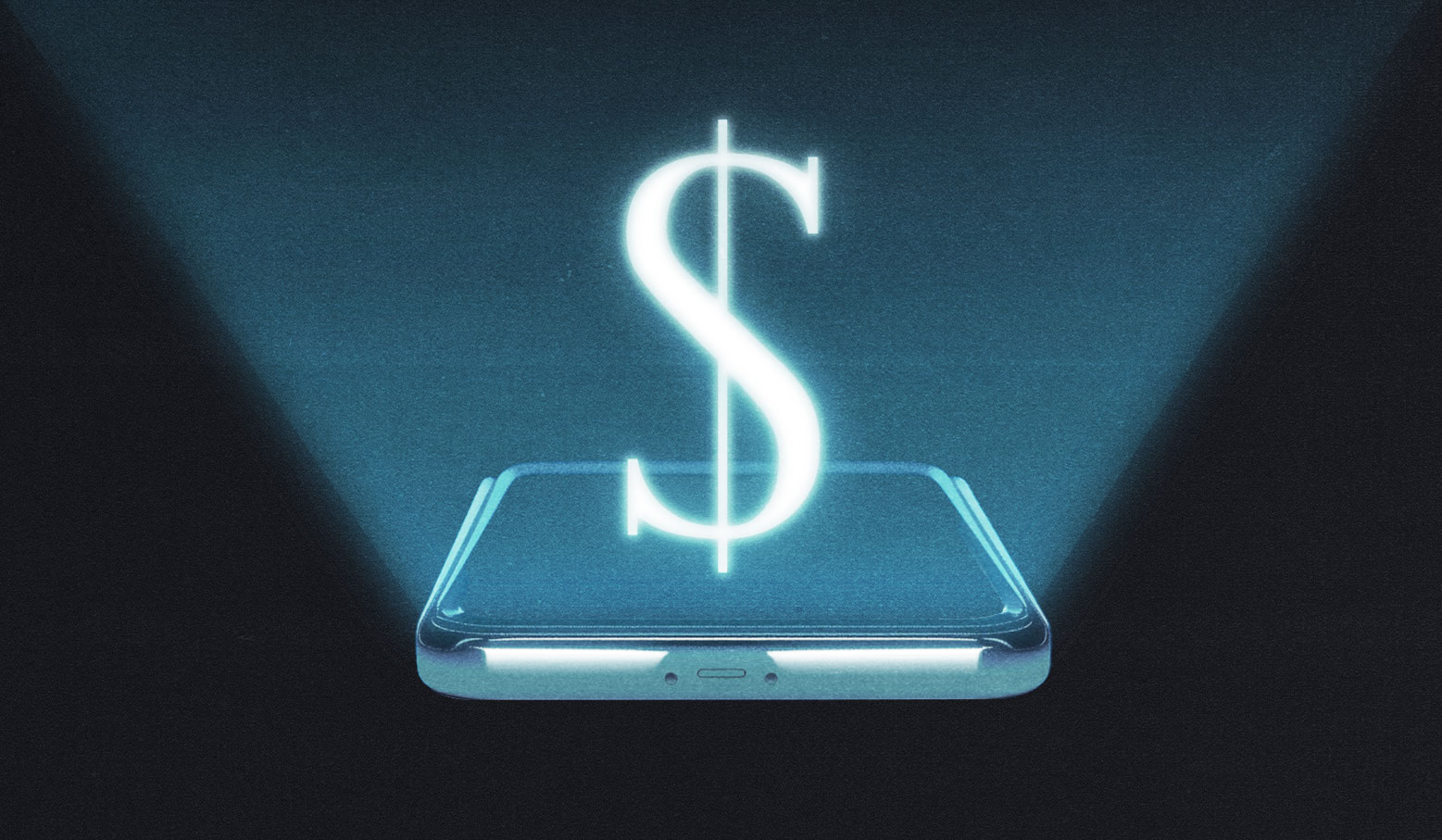
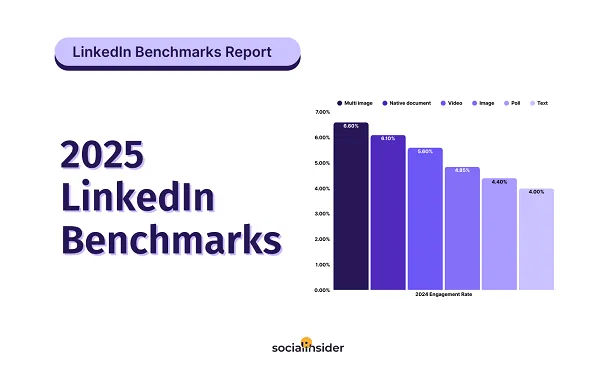

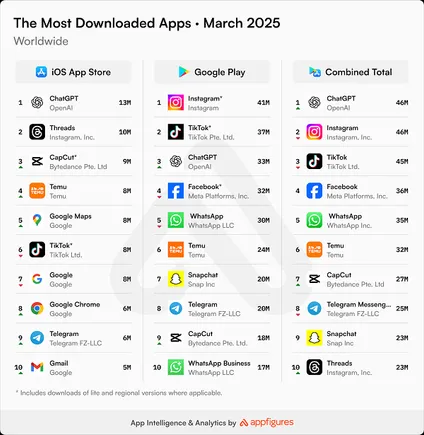

























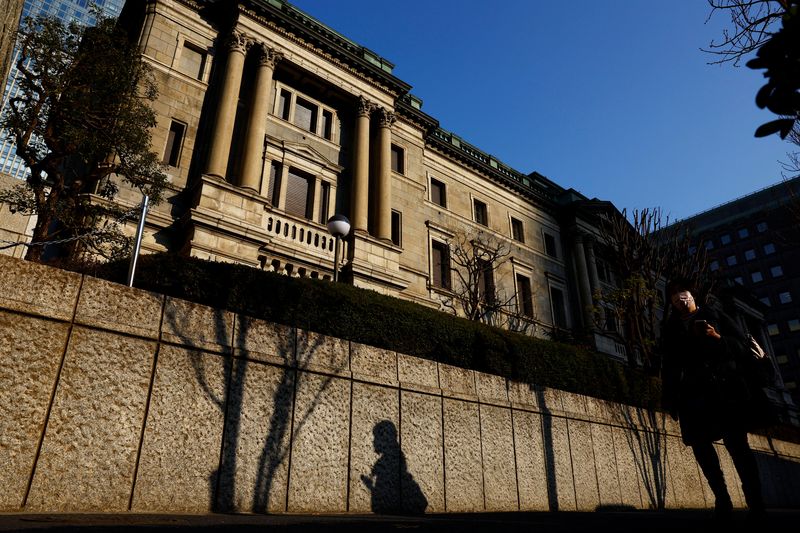
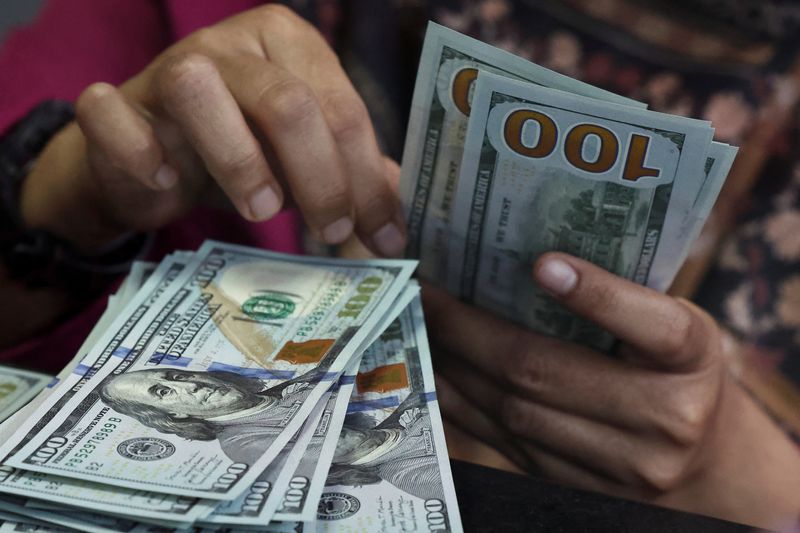
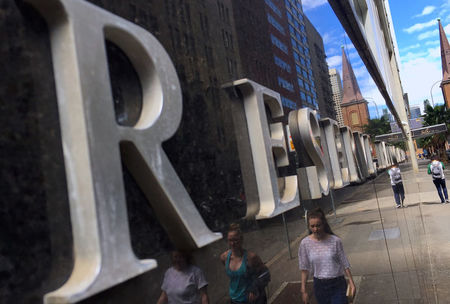









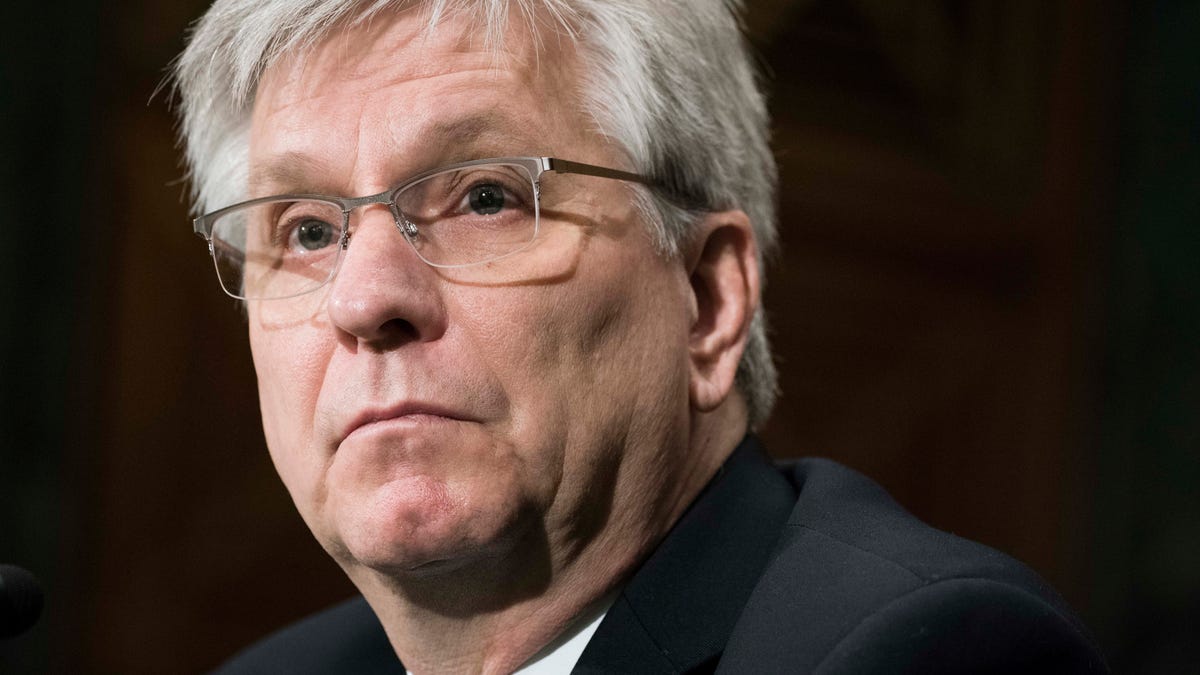
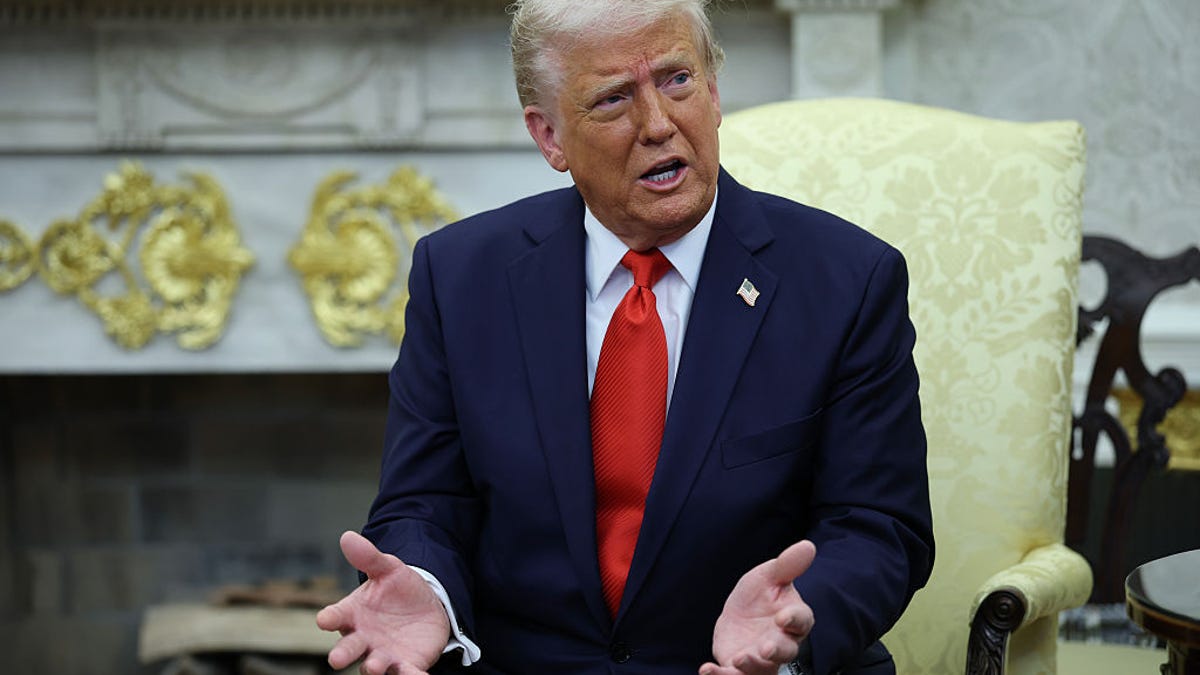
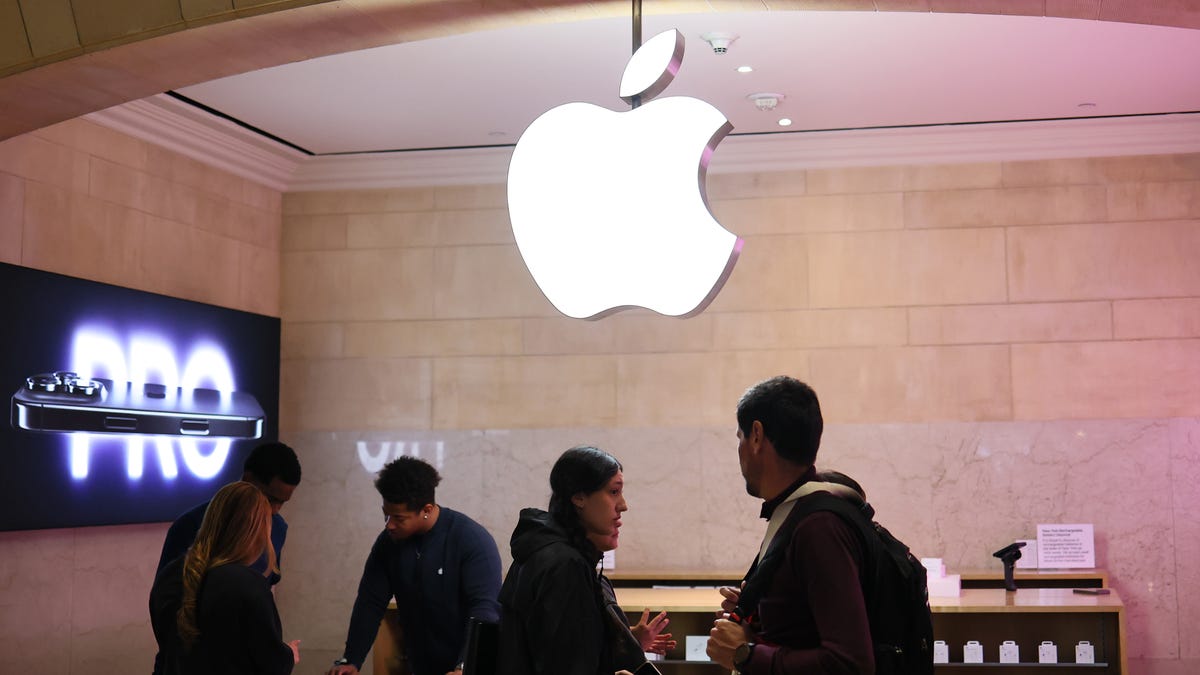













































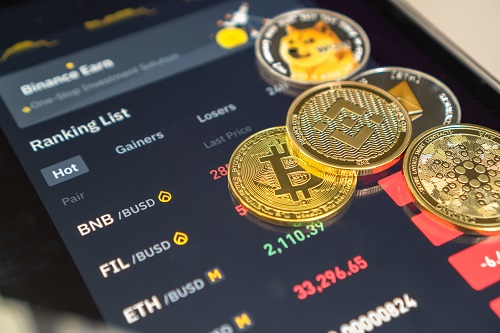

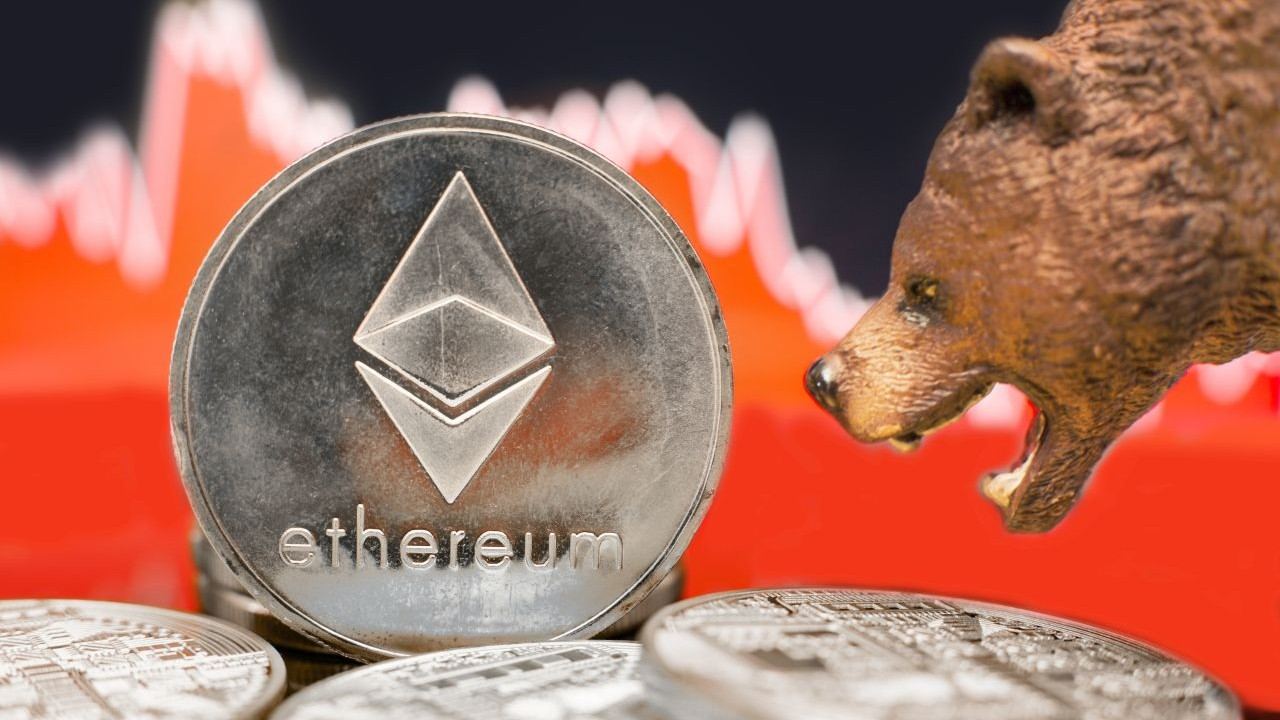
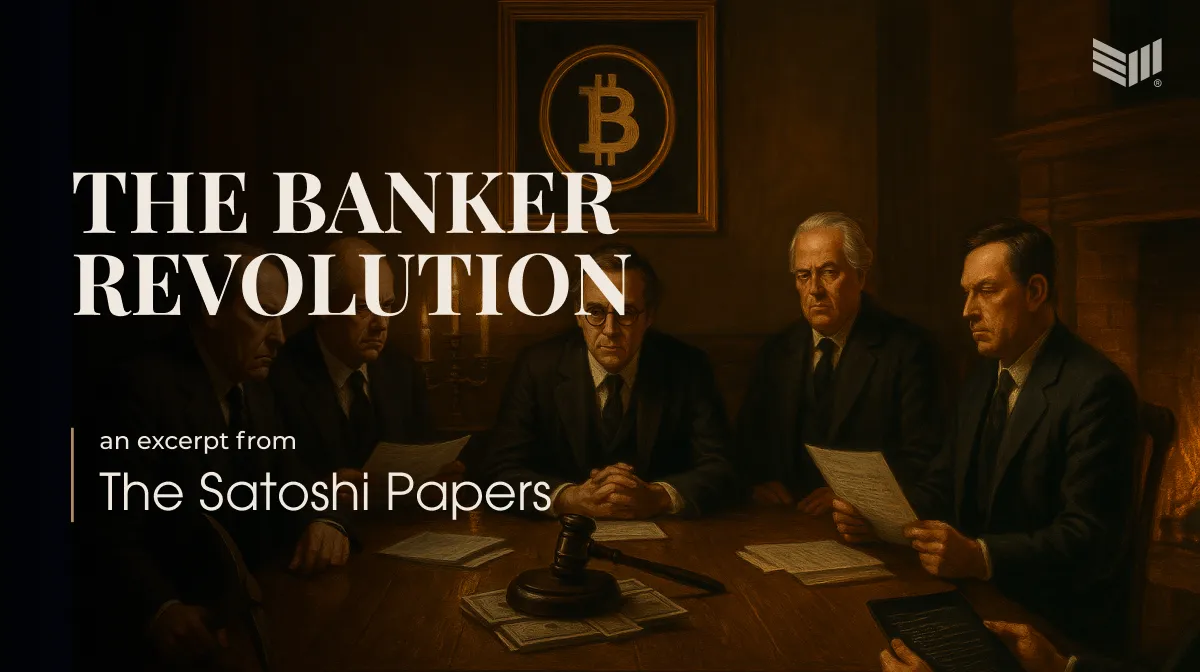



















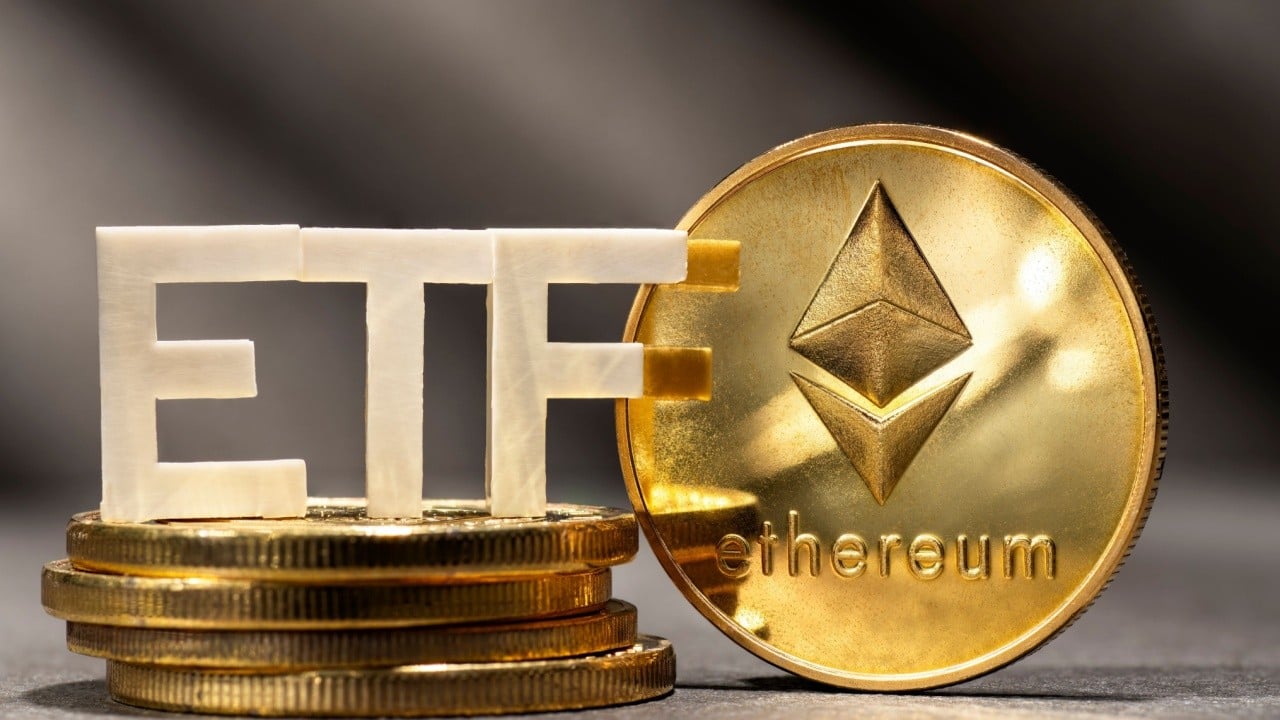
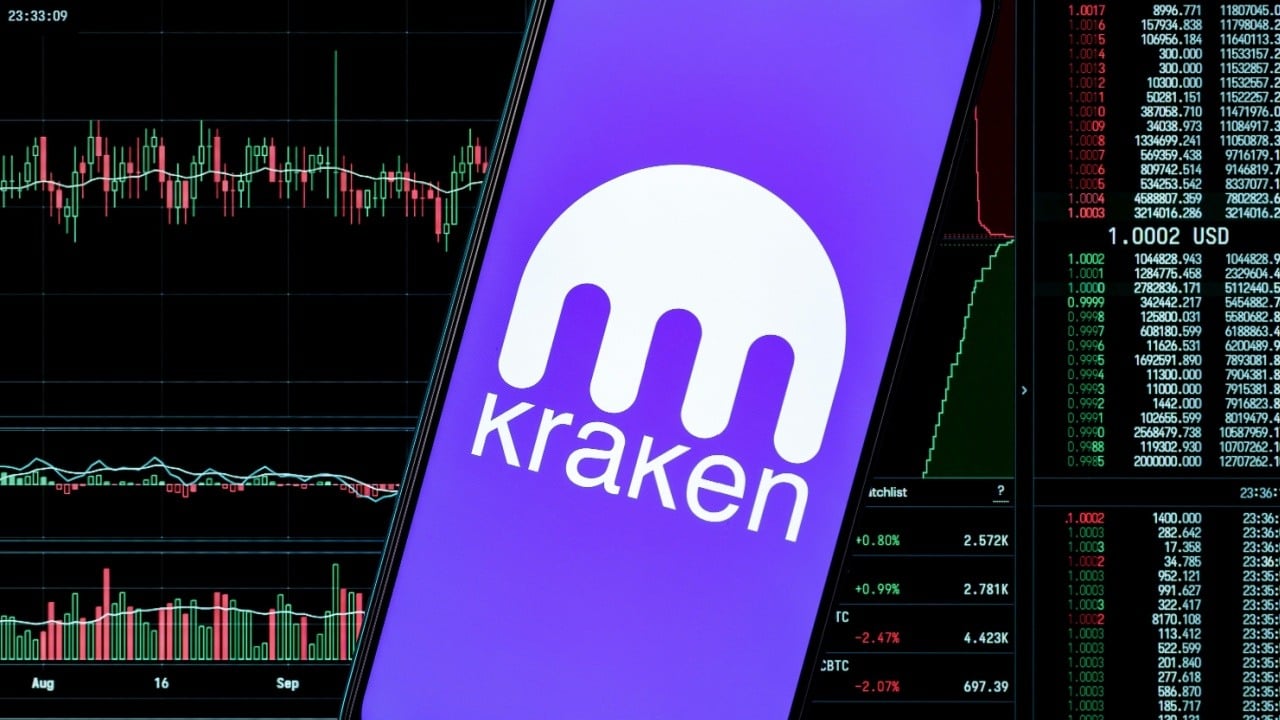
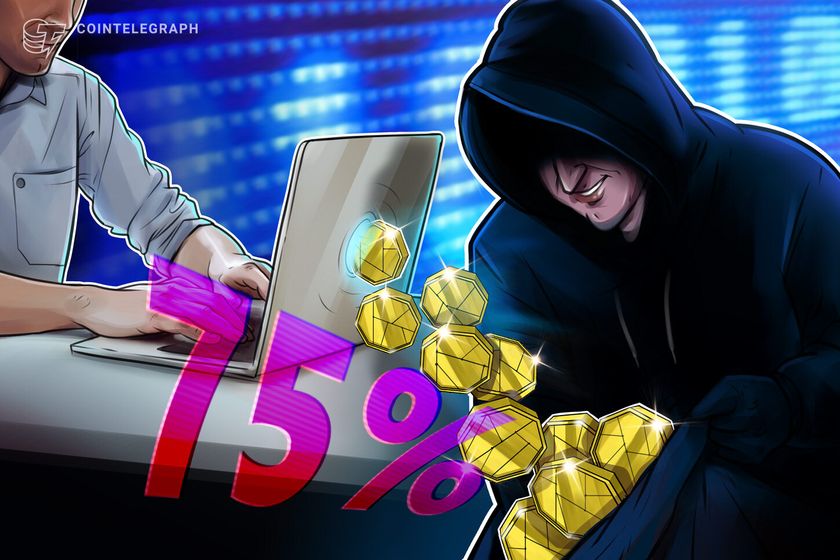
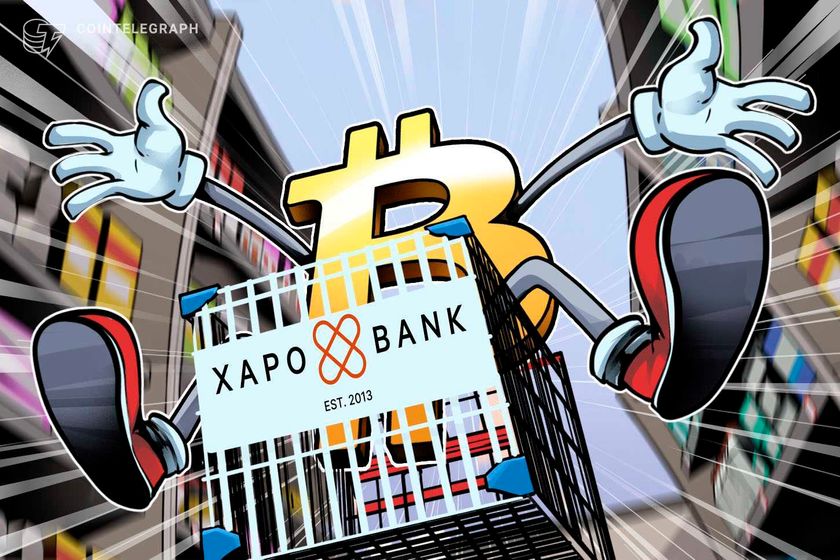
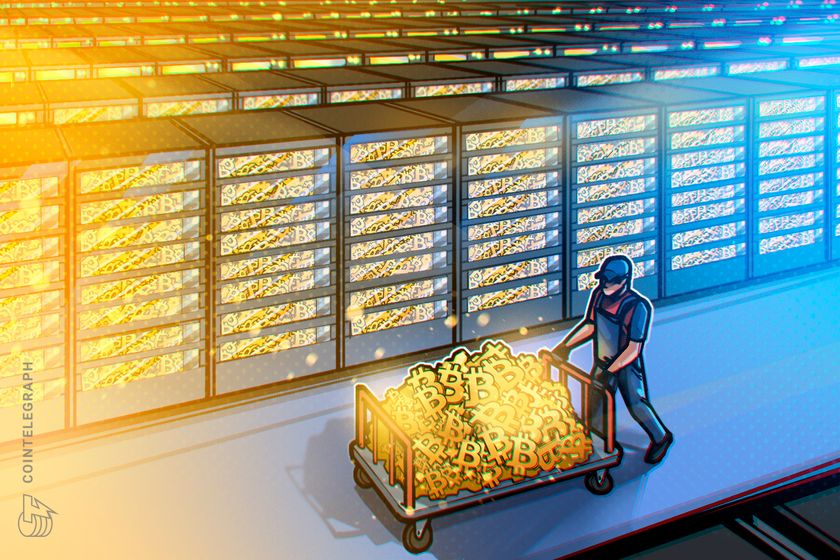



































































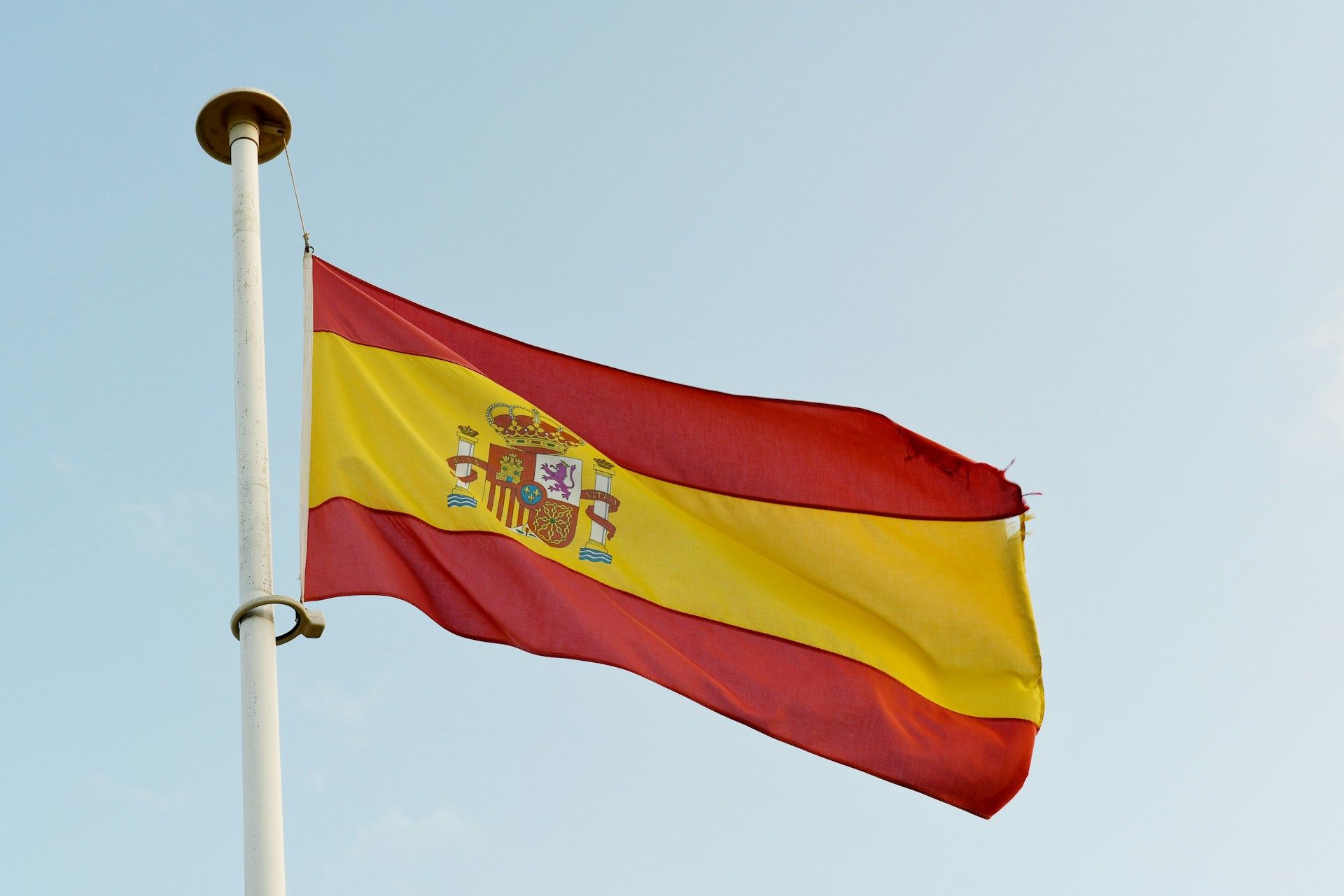


![How to Find Low-Competition Keywords with Semrush [Super Easy]](https://static.semrush.com/blog/uploads/media/73/62/7362f16fb9e460b6d58ccc09b4a048b6/how-to-find-low-competition-keywords-sm.png)



